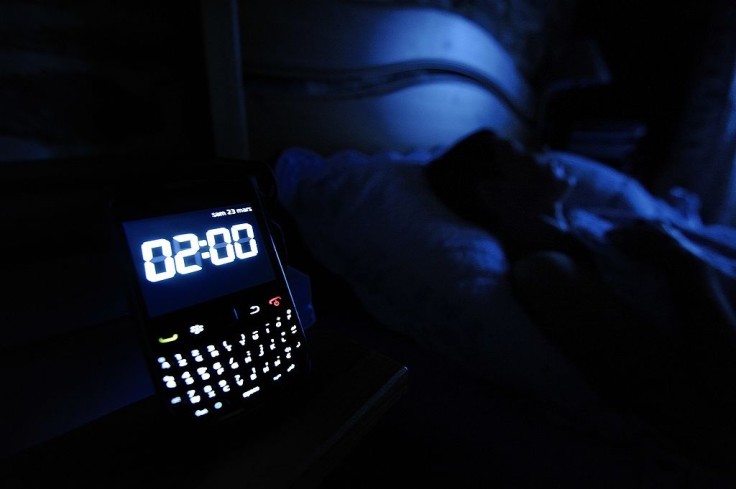
Teenagers who are experiencing sleep deprivation are more than likely to increase their sugar consumption, according to a new study from the experts at Brigham Young University (BYU) and the Cincinnati Children's Hospital Medical Center.
In a news release, BYU professor Dr. Kara Duraccio, who led a team of experts for the study, said that shortened sleep prompts teenagers to eat more carbs or drink more sweetened beverages compared to when they are getting a "healthy amount of sleep," which should ideally be more than eight hours a night.
Her team compared data of the sleep and eating patterns of 93 teens for five nights, and the kids who had less than 6.5 hours of sleep reflected spiked blood sugar due to their sugary diets. The experts published their findings in the SLEEP medical journal.
Quick Burst of Energy
According to Duraccio, sugary foods provide teens a "quick burst of energy" that keeps them going before they decide to call it a night. Most kids who ate at least 12 extra grams of sugary food start snacking at around 9:00 p.m., the ideal bedtime.
Teens who persist in this habit could likely have 4.5 pounds of excess sugar within a year, which could drive up their risks for pediatric obesity. Unfortunately, the experts noted that many interventions for teens with weight problems aren't focused on the significance of sleep. Teenagers today are also overwhelmed with their academics, extracurricular activities, and a long list of things to do because they are still young.
Data from the U.S. Centers for Disease Control and Prevention (CDC) indicated that obesity in children and teenagers affects about 14.4 million kids. Thus, patients with high blood pressure, high cholesterol issues, and diabetes are younger.
"If we are really trying to discover preventative strategies or interventions to increase optimal weight in teens, getting enough and well-timed sleep should be at the forefront of our efforts," Durracio said.
How To Help Your Teen Sleep Better
According to the Child Mind Institute, enforcing a strict bedtime is trickier with teenagers than younger children. However, if the parents are committed to helping their kids recognize the importance of sleep, their efforts will bring about positive outcomes.
Psychologist Mary Carskadon said that there are proven studies of parents who get good results if they are firm on setting limitations for their teenagers' bedtime. Along with the commitment, parents must also be consistent in helping their kids build good sleeping habits.
This means that they should stick to the routines even if it's the weekend. Some parents may let the children slide back on their sleep schedule for Friday or Saturday night, but Dr. Alison Baker said this would be more challenging for them to get back on track by Sunday.
The experts also told parents to keep their teenagers' snacking under control. At this age, kids are learning to self-regulate so parents can help their sons or daughters by setting a good example of what they eat and how they take care of their bodies.